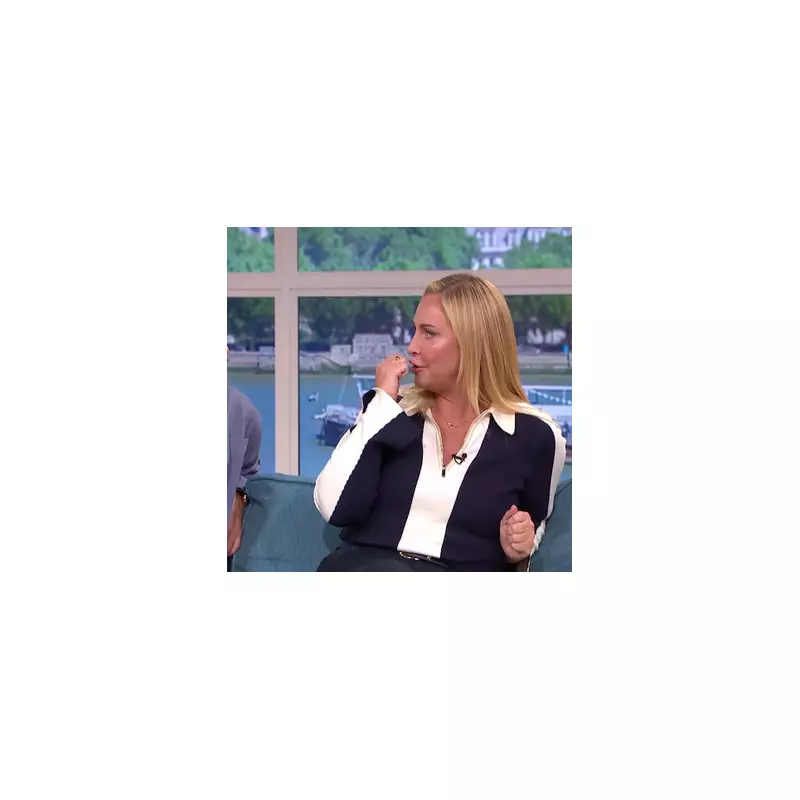
In a startling revelation that has sent shockwaves through the broadcasting industry, television personality Rylan Clark has disclosed he was explicitly forbidden from appearing on BBC Radio 2 following an on-air incident involving comedian Rob Beckett.
The controversy unfolded when Beckett, during his temporary takeover of Steve Wright's prestigious afternoon slot, made a cheeky on-air reference to Clark's notoriously expensive divan bed. What seemed like light-hearted banter apparently triggered serious repercussions behind the scenes at the national broadcaster.
The Unexpected Ban
Clark revealed the extraordinary details during his own podcast, aptly titled 'How to Be a Rylan,' where he shared the startling message he received from BBC producers. "I remember someone from Radio 2 messaging me going, 'I'm so sorry, you're not allowed on Radio 2 anymore,'" the presenter disclosed, highlighting the immediate and severe reaction from station management.
The ban came as a particular blow to Clark, who had maintained a longstanding relationship with the station, including covering for Vanessa Feltz on her early morning show. The sudden prohibition left both the presenter and industry insiders baffled by the severity of the response.
Behind the BBC's Decision
While the exact reasoning behind the ban remains officially undisclosed, sources suggest Beckett's joke about Clark's £18,000 bed purchase—a story that had previously made headlines—crossed an invisible line within the BBC's compliance department. The incident highlights the often-unpredictable nature of broadcast regulations and the delicate balance between humour and protocol at the respected institution.
Clark's disclosure provides rare insight into the behind-the-scenes operations of major broadcasting networks, where off-hand comments can lead to significant professional consequences. The presenter's candid account has sparked discussion about freedom of expression versus corporate censorship in today's media landscape.
Industry Reactions and Implications
The television community has responded with surprise to Clark's revelation, with many expressing support for the presenter while acknowledging the complex nature of broadcast regulations. The incident raises important questions about where networks draw the line between entertaining content and protected corporate interests.
As the story continues to develop, it remains to be seen whether this disclosure will prompt any policy reviews within the BBC or if other presenters will come forward with similar experiences of unexpected broadcasting bans.





